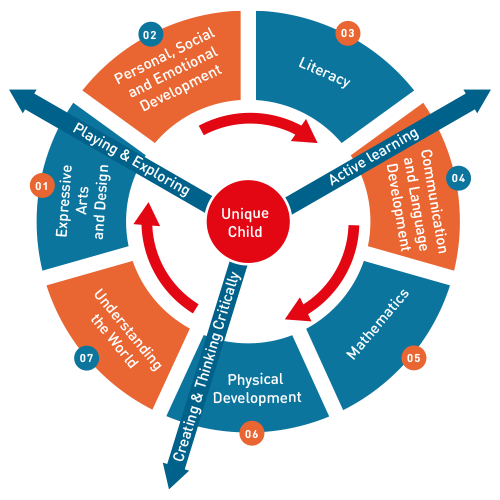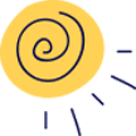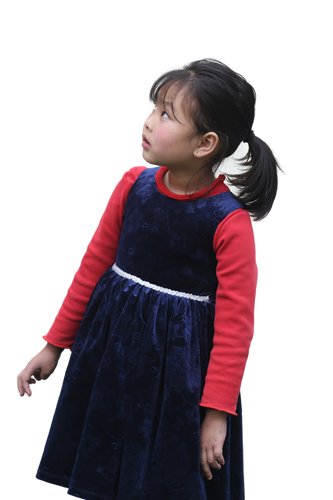Curriculum
Wee Kids Preschool provides each child the best possible start in life with an enabling environment that nurtures individualized learning, development and care. We offer a cognitive, constructivist curriculum which emphasis on activity-based child-centered learning experiences.
Wee Kids Preschool curriculum covers the care and education of all children in the early years. Wee Kids Preschool Program is unique because it makes use of a multi-age curriculum to guide the child throughout the preschool years. It amalgamates the best of principles of Maria Montessori and Rudolph Steiner, both leading educationists of their times. This blended curriculum of Wee Kids Preschool makes it potent and relevant to the early childhood education system.
What does Play-Way Curriculum mean for me as a Parent?
Wee Kids Preschool Curriculum seeks to provide ‘partnership’ working between practitioners and parents. It states that practitioners should build ‘relationships’ with parents, keep them up-to-date with their child’s progress, respond to observations that they share, involve them in assessments and support them to guide their child’s development at home.
Parents have the right to play a central role in making decisions about their child’s education and care and their partnerships are key to a successful early years’ experience for children and for them to gain the most out of their early education and reach expected levels of development. Over 70% of children’s lives are spent, not in a setting, but with their family and the wider community. Therefore, home and community must be recognized as significant learning environments in the lives of children.
- Quality and consistency in all our centers so that every child makes good progress and no child gets left behind.
- A secure foundation through learning and development opportunities which are planned around the needs and interests of each individual child and are assessed and reviewed regularly. Child-directed, Autonomous and Paced (CAP) Learning.
- Partnership working between the franchisees and with parents.
- Equality of opportunity and anti - discriminatory practice, ensuring that every child is included and supported.
- Children learn through play
- Practitioners work closely with you, the parents
- You are kept up to date on your child's progress
- The welfare, learning and all-round development of children with different backgrounds and levels of ability, including those with special educational needs and disabilities.
Three Prime Areas:
- Communication and language
- Physical development
- Personal, social and emotional development
Four Specific Areas:
- Literacy
- Mathematics
- Understanding the world
- Expressive arts and design
While all seven areas are equally important, for children under three-years-old, the three prime areas are focused on. This gives them the basis to develop in the four specific areas in pre-school and reception.
It's important that your child feels safe and secure in their surroundings and this will be aided by an allocated ‘key person’ who will build a strong relationship with both your child and you. The EYFS is designed to be really flexible and your child's key person will ensure that their learning and care is tailored to them.
Quick Contact
We will be happy to assist you with any question regarding admission and franchise. Contact us for answers to all of your questions.
If you want to fill up specific forms, Registration form and Franchise form are available here.









